Introduction
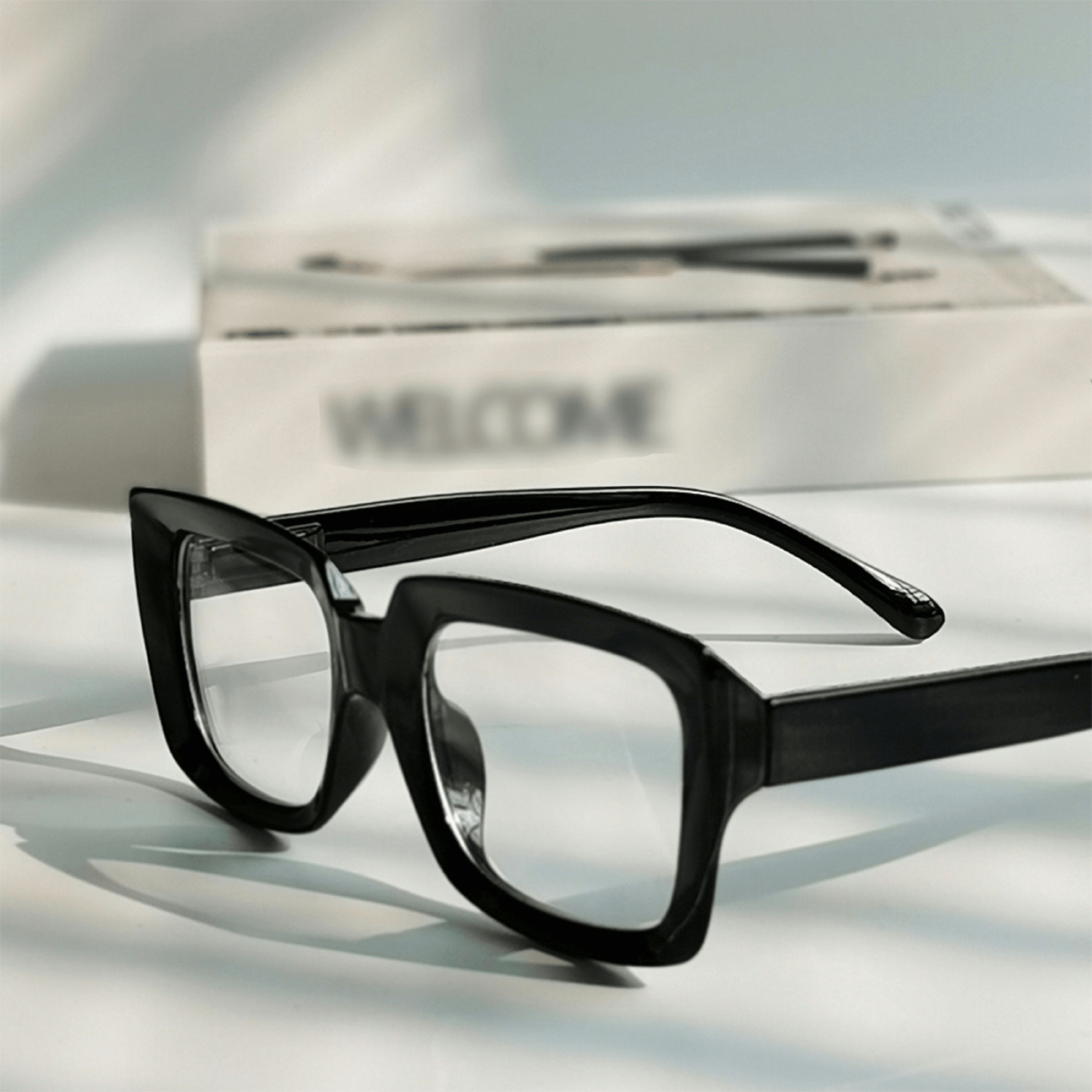
In the ever-evolving world of eyewear, the debate between acetate and plastic frames has become a hot topic among fashion enthusiasts and everyday wearers alike. With numerous options available, understanding the nuances of each material is essential for making informed choices. This guide will delve into the stylish choices for modern eyewear, helping you navigate through questions like “Are acetate eyeglass frames better than plastic?” and “Which frame material is best for eyeglasses?”
The Battle of Eyewear Materials
The battle between acetate vs plastic glasses frames is not just about aesthetics; it's also about functionality, comfort, and durability. Eyewear materials have come a long way from traditional metals to innovative plastics and acetates that cater to diverse styles and needs. As consumers become more discerning, they seek out information on what sets these materials apart—whether it’s the lightweight feel of acetate or the robust nature of plastic.
Defining Acetate and Plastic Frames
Acetate glasses frames are crafted from a plant-based polymer that offers vibrant colors and patterns, making them a favorite among those who value style as much as substance. In contrast, plastic frames often utilize synthetic materials that can be molded into various shapes but may lack some of the flair associated with their acetate counterparts. Understanding these distinctions helps answer key questions like “Is acetate good for eyeglasses?” while allowing wearers to appreciate their options.
Stylish Choices for Modern Eyewear
When it comes to selecting eyewear, personal style plays a significant role in decision-making. From bold statement pieces made from acetate to sleek designs in plastic, there’s something for everyone in today’s market. Whether you’re drawn to the unique patterns found in acetate vs metal frames or exploring how acetate vs titanium glasses stack up against each other, finding your perfect frame match has never been more exciting!
Understanding Acetate Frames

Acetate frames have gained significant popularity in the eyewear market due to their unique properties and stylish aesthetic. Made from a plant-based plastic, acetate is not only lightweight but also offers a wide range of colors and patterns that appeal to fashion-forward individuals. As we delve deeper into acetate glasses frames, it’s essential to explore what sets them apart from their plastic counterparts and determine which frame material is best for eyeglasses.
What Makes Acetate Unique
One of the standout features of acetate is its ability to be molded into intricate designs while maintaining durability and flexibility. Unlike traditional plastic frames, acetate can be crafted into various shapes, allowing for more creative freedom in eyewear design. Additionally, acetate is hypoallergenic, making it an excellent choice for those with sensitive skin or allergies—an advantage that many users appreciate when selecting their eyewear.
Are Acetate Eyeglass Frames Better than Plastic?
When comparing acetate vs plastic glasses frames, many users wonder: are acetate eyeglass frames better than plastic? The answer isn't straightforward because it largely depends on individual preferences and needs. While acetate offers superior styling options and comfort, some may prefer the affordability and lightweight nature of standard plastic frames—highlighting the importance of personal choice in this debate.
Is Acetate Good for Eyeglasses?
Is acetate good for eyeglasses? Absolutely! Not only do these frames provide an exceptional aesthetic appeal with vibrant colors and patterns, but they also boast durability that rivals other materials such as metal or titanium. However, it's worth considering what are the disadvantages of acetate frames; they can be prone to scratches if not properly cared for and may require occasional adjustments to maintain fit over time.
The Case for Plastic Frames
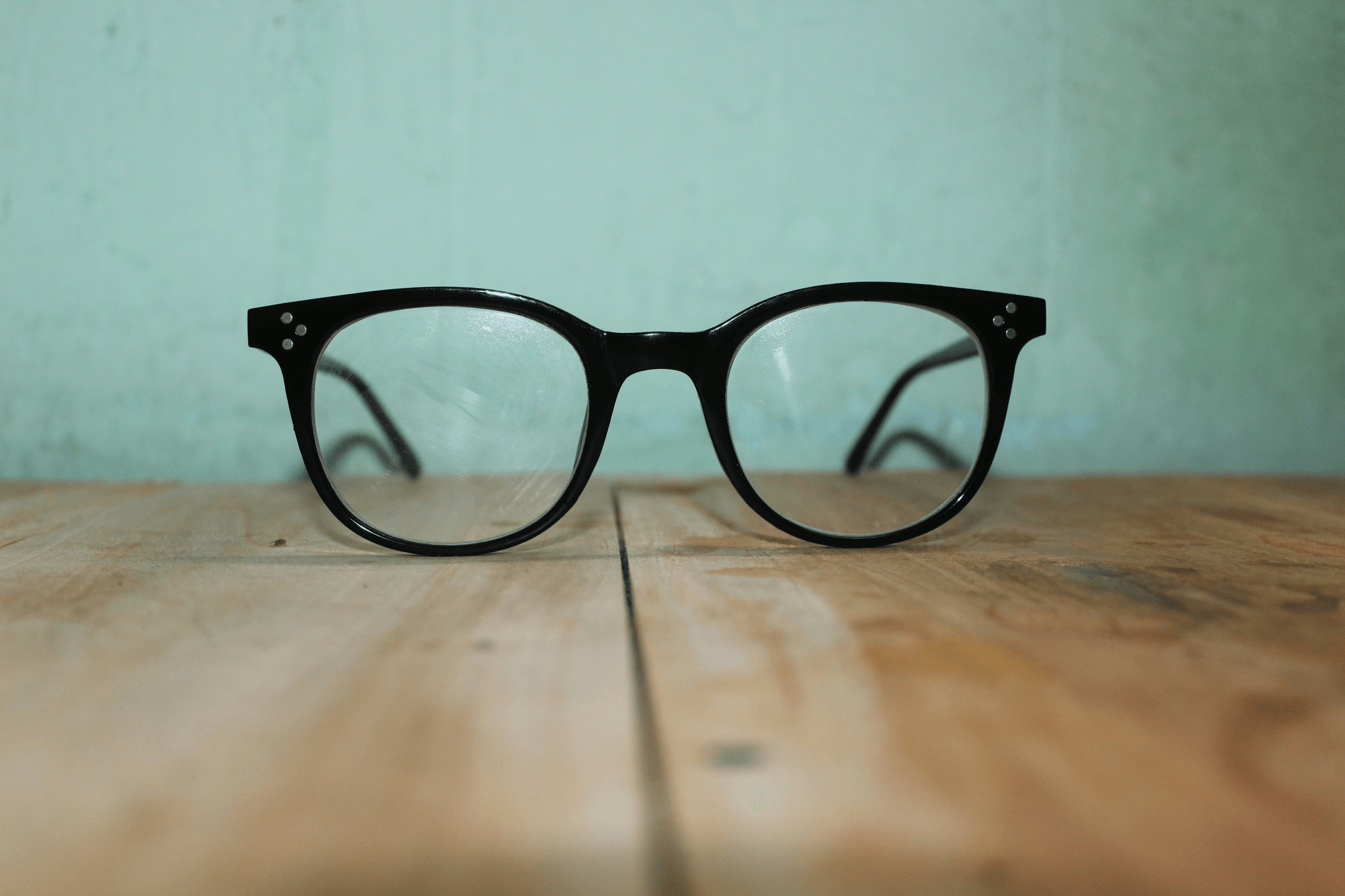
Key Benefits of Plastic Glasses Frames
Plastic glasses frames come with a host of benefits that make them appealing to many eyewear enthusiasts. Firstly, they tend to be more affordable than acetate options, making them a budget-friendly choice without sacrificing style. Additionally, plastic frames are often more resistant to impact and scratches compared to acetate, which can lead to longer-lasting wear—definitely a plus for those who lead an active lifestyle.
Moreover, plastic is generally lighter than acetates and can provide exceptional comfort during extended wear. This lightweight nature means less pressure on the nose and ears, which is crucial for anyone who wears glasses all day long. If you’re wondering whether acetate eyeglass frames are better than plastic in terms of comfort and price points, it's essential to weigh these benefits against your specific needs.
What are the Disadvantages of Acetate Frames?
While acetate has its charm and advantages, it’s not without its drawbacks that might sway some users toward plastic alternatives. One significant disadvantage of acetate frames is their susceptibility to temperature changes; they can warp or become brittle if exposed to extreme heat or cold conditions—definitely not ideal for those living in fluctuating climates!
Additionally, while they offer stunning color options and patterns (which we’ll explore later), they may require more maintenance than their plastic counterparts due to potential scratches or fading over time. So when asking yourself What are the disadvantages of acetate frames? consider how much care you're willing to invest versus the convenience offered by durable plastics.
Comparing Durability: Plastic vs Acetate
Durability is a crucial factor when choosing eyewear materials; after all, nobody wants their stylish specs breaking at an inconvenient moment! In terms of durability comparison between plastic vs acetate glasses frames, plastics typically come out on top due to their robust nature and resistance against impacts.
Acetate glasses frames may crack under pressure or extreme conditions—something that could put a damper on your day if you’re prone to drops or bumps! Therefore, if you're looking for longevity in your eyewear investment without worrying about frequent replacements or repairs, opting for high-quality plastic might just be the way forward.
Comfort and Fit: A User Perspective
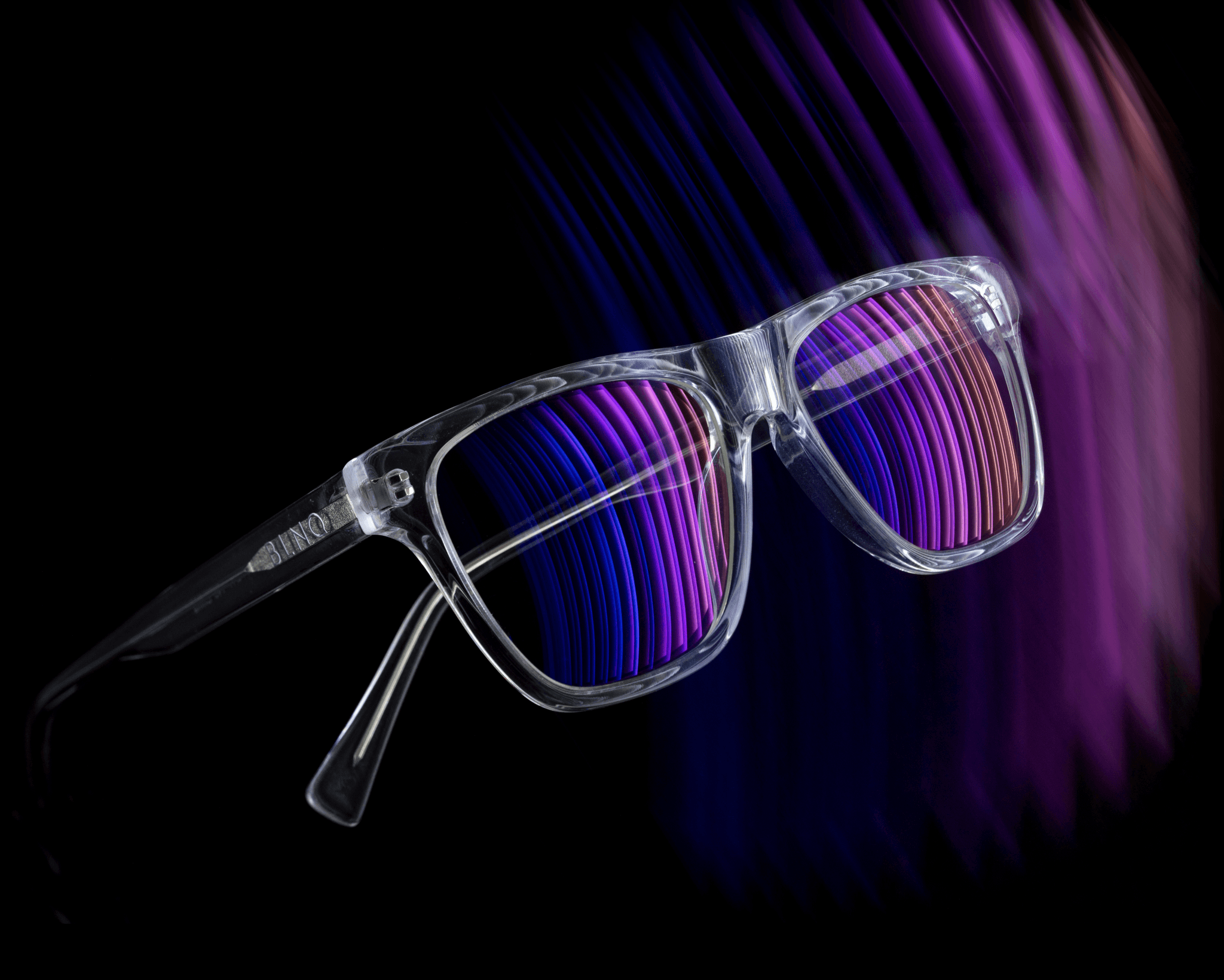
Lightweight Feel of Acetate
One of the standout features of acetate glasses frames is their lightweight feel, making them a popular choice among those who prioritize comfort in their eyewear. Acetate is derived from natural materials, which not only contributes to its reduced weight but also enhances its overall aesthetic appeal. Many users find that this lightweight quality makes them less noticeable during long periods of wear, leading to a more enjoyable experience—an essential factor when considering if Is acetate good for eyeglasses?
The Flexibility of Plastic Frames
On the other hand, plastic frames offer an impressive level of flexibility that can be particularly beneficial for active lifestyles or children who may be prone to bending their glasses. This flexibility allows plastic frames to withstand impacts better than some other materials, which might raise questions about durability when comparing acetate vs plastic glasses frames. However, while they may bend easily without breaking, some users might wonder what are the disadvantages of acetate frames in terms of fit and adaptability.
Personal Preferences and Style
Ultimately, personal preferences play a significant role in determining which frame material is best for eyeglasses. Some individuals favor the classic look and feel of acetate glasses frames, while others lean towards the modern appeal and versatility offered by plastic options. Additionally, brands like Daposi excel at customizing styles to match individual tastes—bringing your vision to life with innovative designs that reflect your personality while ensuring comfort remains a priority.
Acetate vs Other Materials
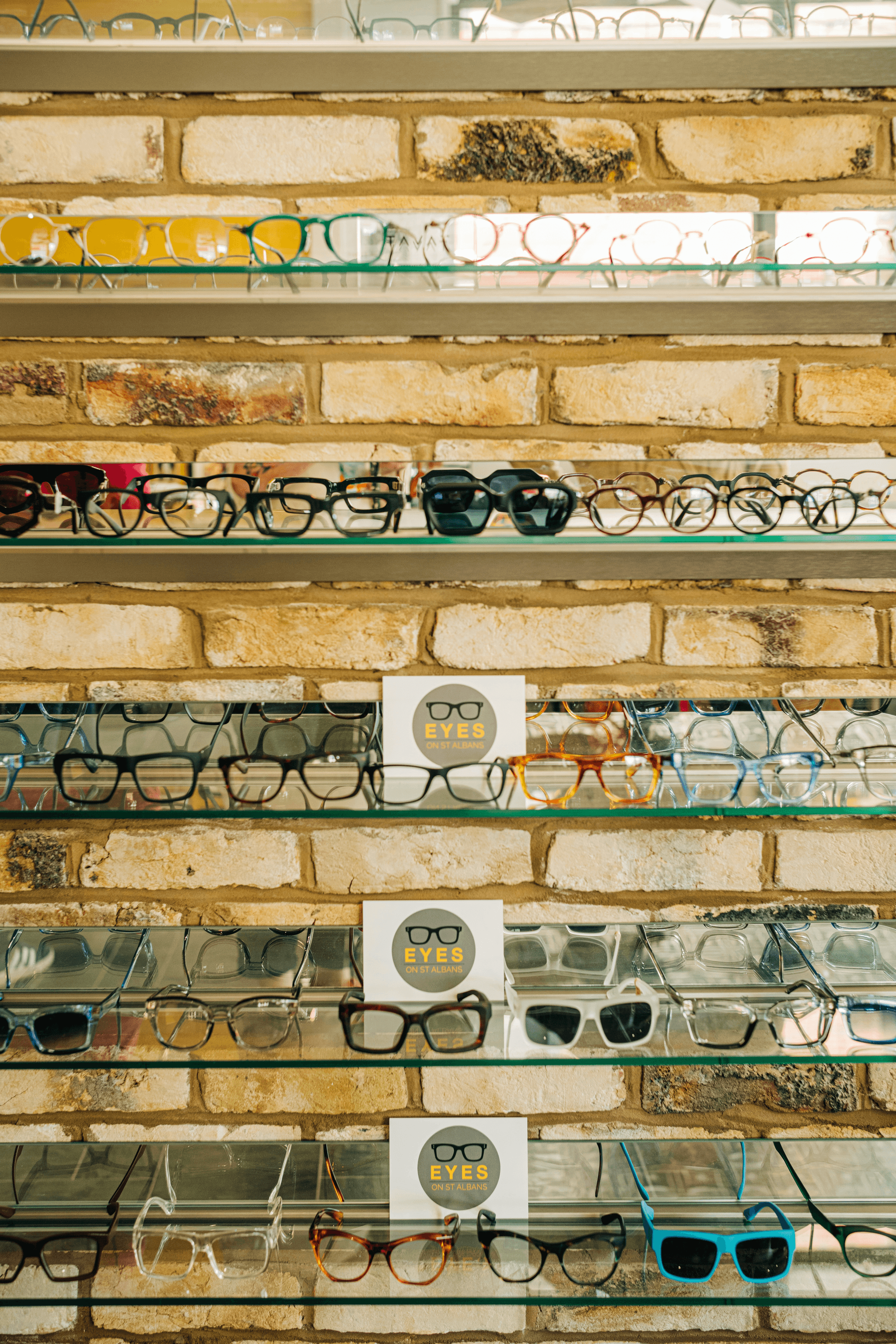
Acetate vs Metal Frames
Acetate glasses frames are known for their vibrant colors and patterns, offering a more playful aesthetic compared to the sleek and often minimalist design of metal frames. While metal frames tend to be lighter and more durable, they may lack the variety in design that acetate offers. However, one must consider whether acetate eyeglass frames are better than plastic or metal; this ultimately depends on individual style choices and comfort preferences.
Metal frames do have their advantages, such as being less prone to wear over time compared to acetate or plastic options. But if you’re looking for a bold statement piece that stands out, acetate is hard to beat with its endless customization possibilities. Ultimately, when weighing acetate vs metal frames, think about what matters most: durability or design flair?
Acetate vs Titanium Glasses: A Comparison
When comparing acetate glasses frames with titanium options, it’s essential to recognize that both materials serve different purposes in eyewear fashion. Titanium is renowned for its strength-to-weight ratio; it's incredibly lightweight yet extremely durable—making it an excellent choice for those seeking longevity in their eyewear investment. In contrast, while acetate provides flexibility and comfort through its lightweight nature, it may not withstand rough handling as well as titanium.
So are acetate eyeglass frames better than plastic or titanium? It really boils down to lifestyle considerations—if you lead an active life where durability is paramount, titanium could be your best bet. However, if you prioritize comfort and unique designs that reflect your personality, then opting for stylish acetate might just win your heart.
Price Points: Which Offers Better Value?
Price is always a crucial factor when deciding between different frame materials like acetate vs plastic glasses frames or even metal options like titanium. Generally speaking, acetates can range from moderately priced to high-end luxury depending on the brand's craftsmanship and design intricacies involved in creating them. On the other hand, plastic glasses tend to be more budget-friendly but might compromise on aesthetics over time.
While considering what are the disadvantages of acetate frames—such as potential brittleness under extreme conditions—it’s important also to weigh these against their visual appeal and customization potential provided by brands like Daposi. With Daposi's commitment to bringing your vision to life through innovative designs tailored specifically for you—sustainably made—you may find that investing in quality eyewear pays off in terms of both style longevity and personal satisfaction.
In conclusion, when comparing price points among various materials including acetates versus metals or plastics versus titanium glasses—the best value often lies not just in cost but also how well each option aligns with your unique lifestyle needs.
Aesthetic Appeal and Customization
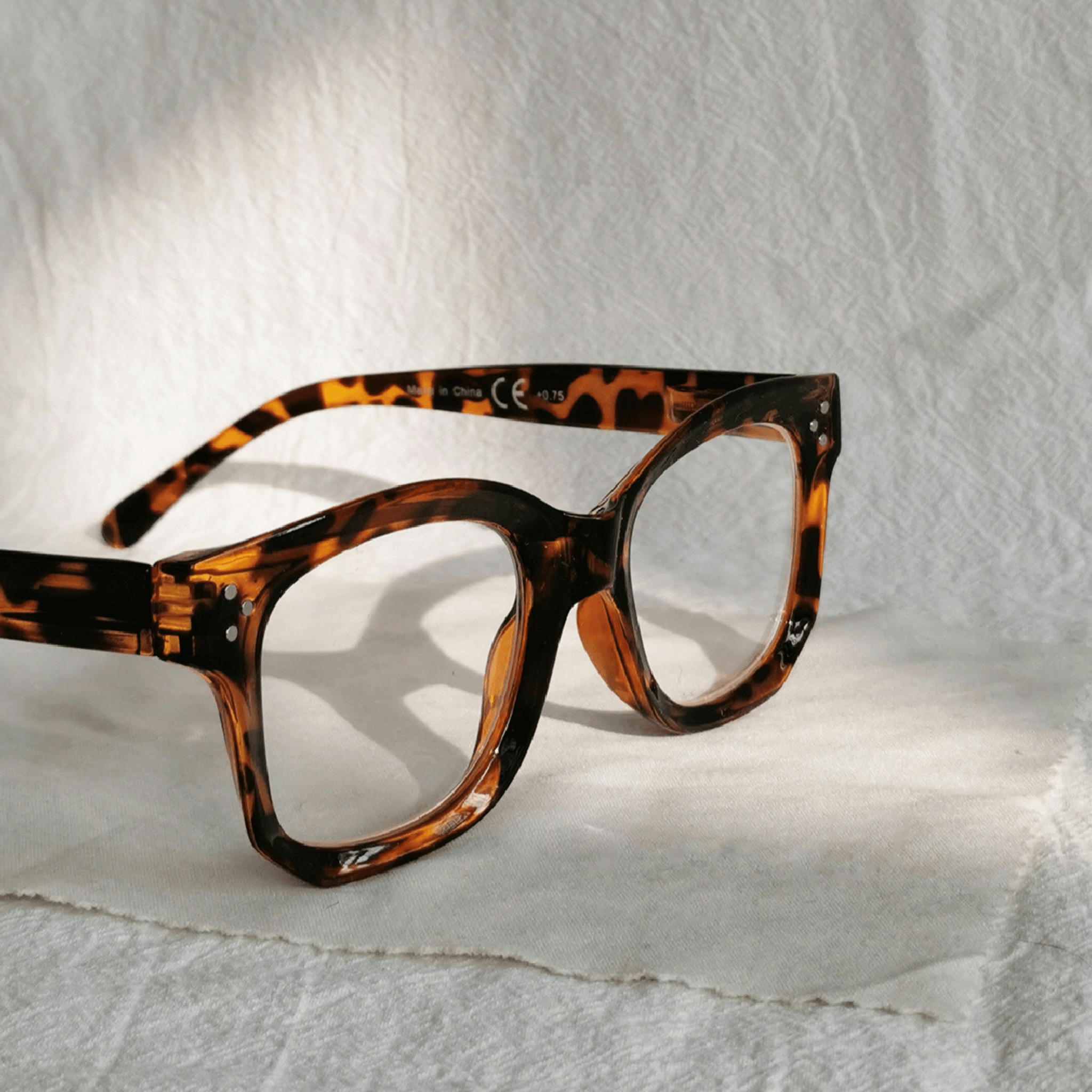
Color and Pattern Options in Acetate
Acetate glasses frames shine brightly in the realm of color and pattern options. These frames can be crafted in an array of hues, from bold reds to subtle pastels, allowing wearers to express their individuality effortlessly. Additionally, intricate patterns like tortoiseshell or floral designs can be achieved with acetate, making it a standout material when compared to plastic frames.
But are acetate eyeglass frames better than plastic? The answer often lies in the visual variety that acetate provides; while plastic can offer some color choices, it typically lacks the depth and richness found in acetate options. This versatility not only enhances style but also ensures that there’s something for everyone—whether you prefer classic elegance or modern flair.
Custom Plastic Frame Designs
On the other hand, custom plastic frame designs have their own merits worth considering. Plastic frames can be molded into various shapes easily, allowing for innovative designs that might not be possible with more rigid materials like metal or titanium. This adaptability makes them an excellent choice for those seeking unique silhouettes without sacrificing comfort.
However, when examining what are the disadvantages of acetate frames, one might find that they can be less flexible than plastic options. While both materials have their strengths and weaknesses—like durability versus aesthetics—customization allows users to create something truly one-of-a-kind regardless of material choice.
How Daposi Brings Your Vision to Life
At Daposi, we take customization up a notch by helping you bring your vision to life! Our commitment goes beyond simply creating stylish eyewear; we focus on turning your creative concepts into reality while respecting sustainability principles. Whether you're exploring innovative designs or looking to incorporate eco-friendly practices into your brand's identity—our team is here every step of the way!
With our slogan Bring Your Vision to Life, we ensure tailored solutions that align with your unique style preferences and values—be it through stunning acetate glasses frames or custom plastic creations! Our professional production knowledge allows us to transform your ideas into tangible products that stand out in any crowd while maintaining top-quality results.
Conclusion
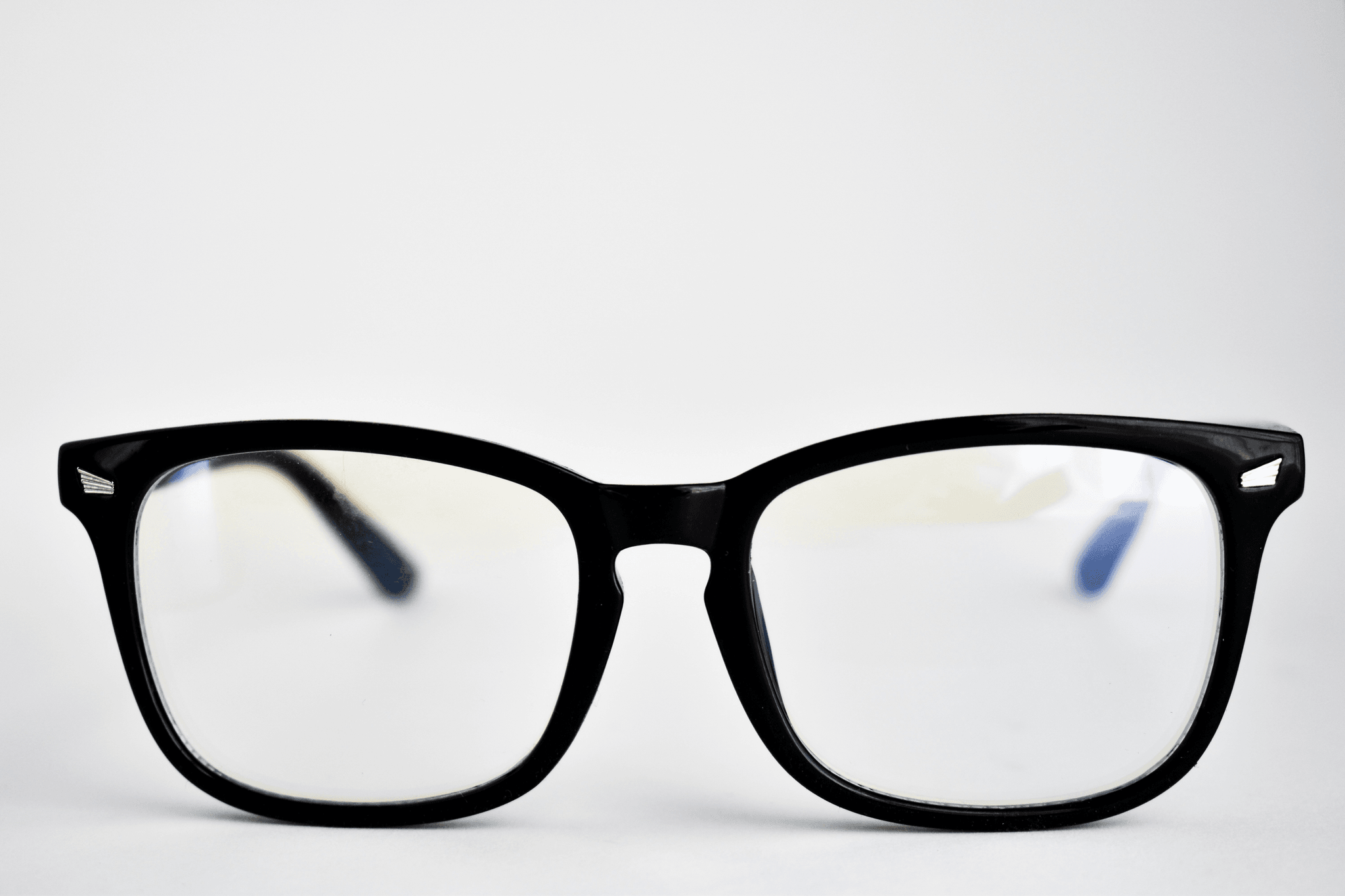
Making Informed Choices for Eyewear
When considering which frame material is best for eyeglasses, evaluating your personal preferences and lifestyle plays a crucial role. Acetate glasses frames are celebrated for their aesthetics and comfort, while plastic frames often shine in terms of durability and affordability. By comparing options like acetate vs metal frames or even acetate vs titanium glasses, you can tailor your choice to fit your unique style and functional requirements.
Balancing Style with Functionality
Finding the right balance between style and functionality is key to enjoying your eyewear experience. While some may argue that “Are acetate eyeglass frames better than plastic?” ultimately depends on individual taste, it’s important to consider how each material performs in daily wear. Acetate offers a lightweight feel that many find comfortable, but don’t overlook the practicality of plastic—especially when considering what are the disadvantages of acetate frames in terms of maintenance and longevity.
Finding Your Perfect Frame Match
Ultimately, choosing between acetate vs plastic glasses frames boils down to personal preference and specific needs. If you appreciate vibrant colors and patterns along with comfort, then acetate might be your go-to option; however, if durability and flexibility take precedence in your lifestyle choices, then plastic could be the winner for you. At Daposi, we help bring your vision to life by offering tailored solutions that resonate with your unique design ideas—whether it's through innovative eyewear or sustainable practices—ensuring you find a frame that matches not just your face but also your personality.
